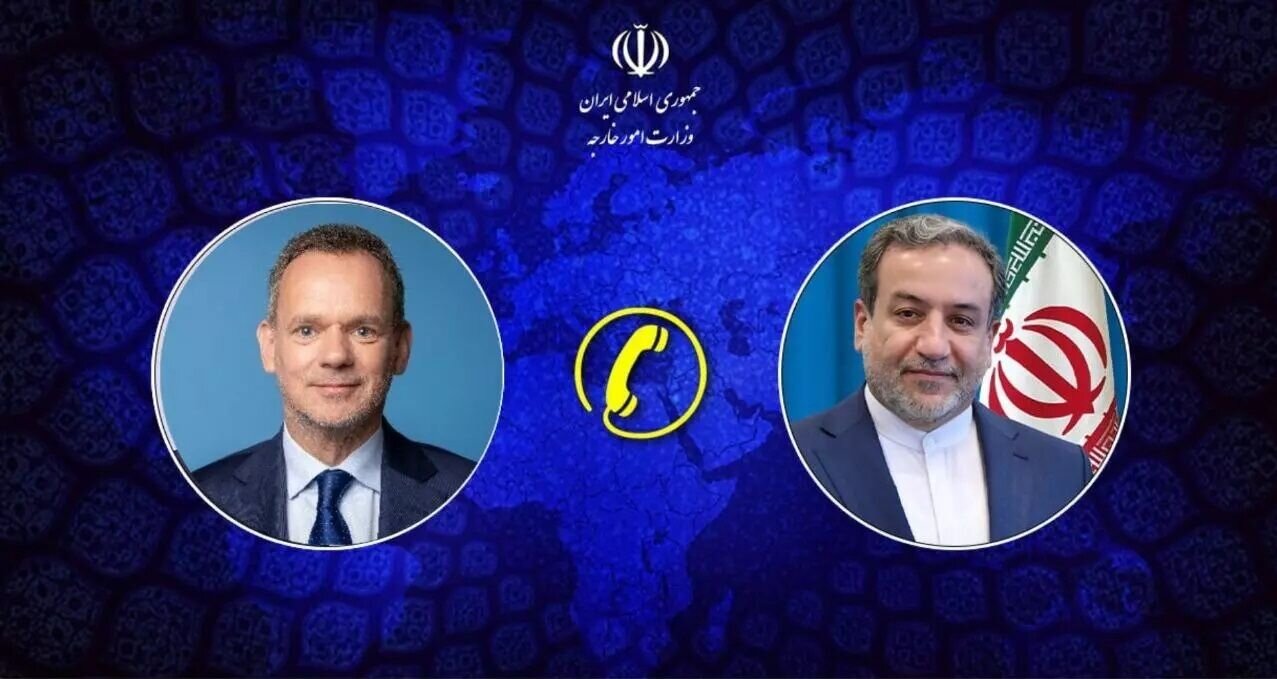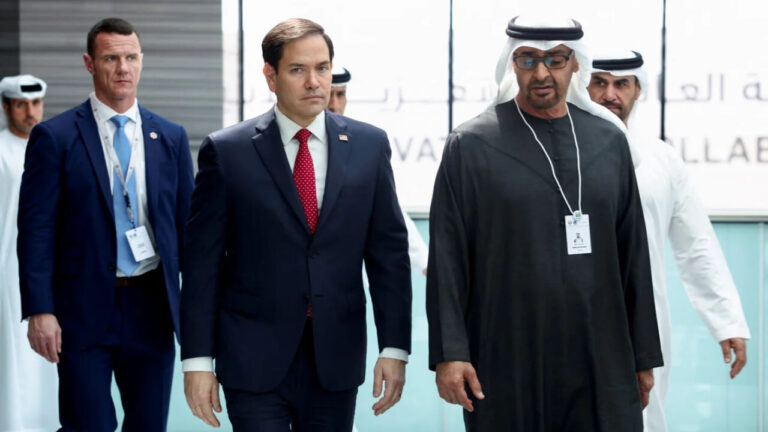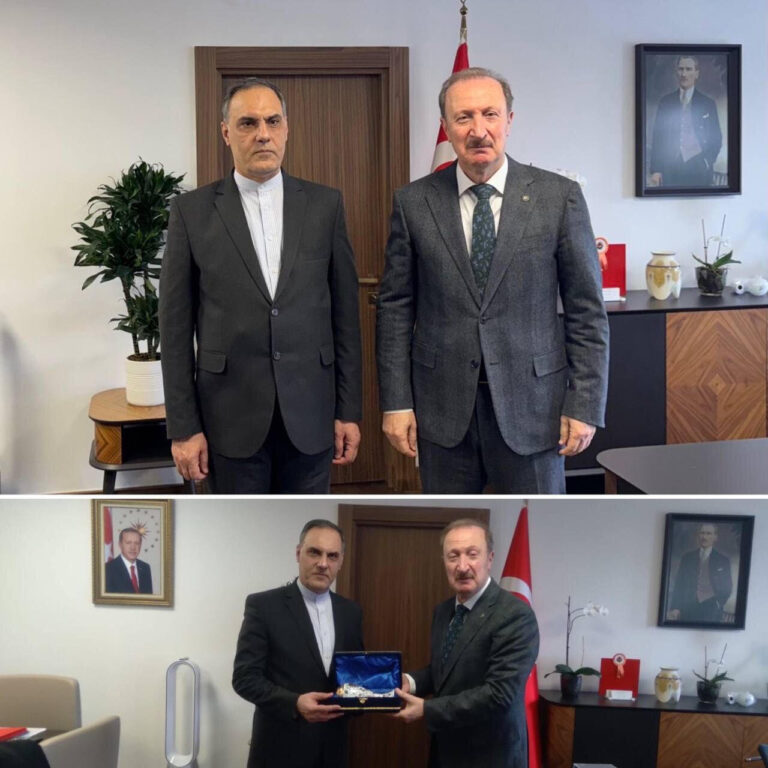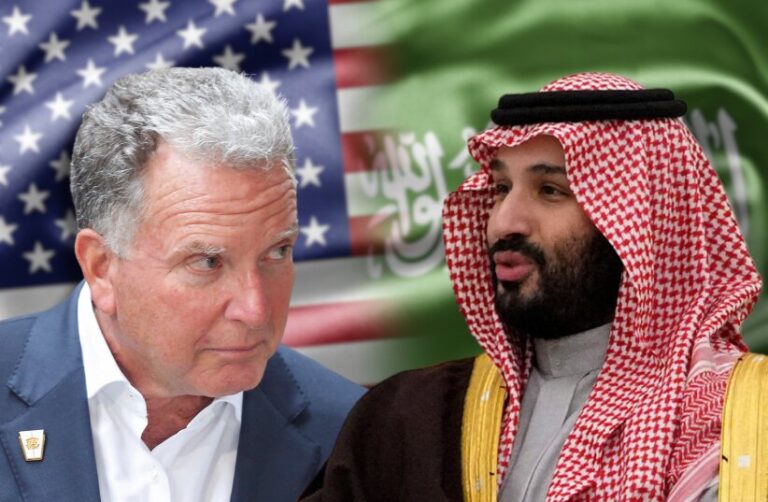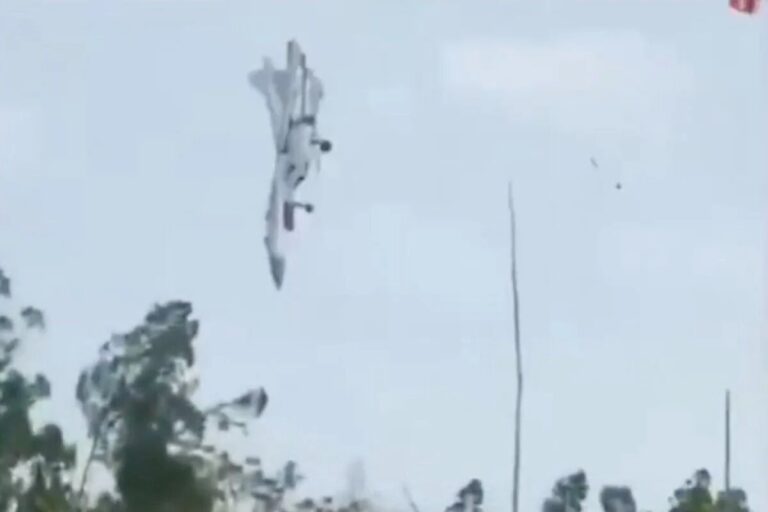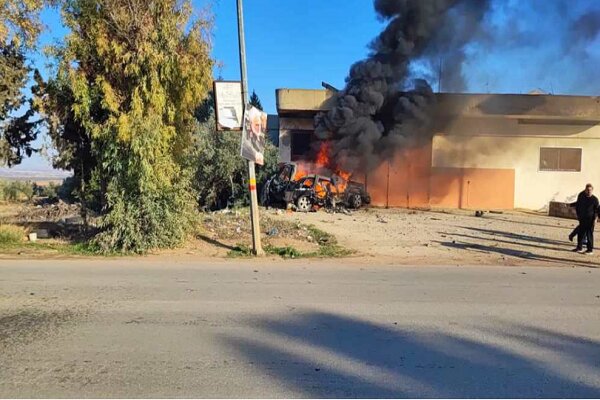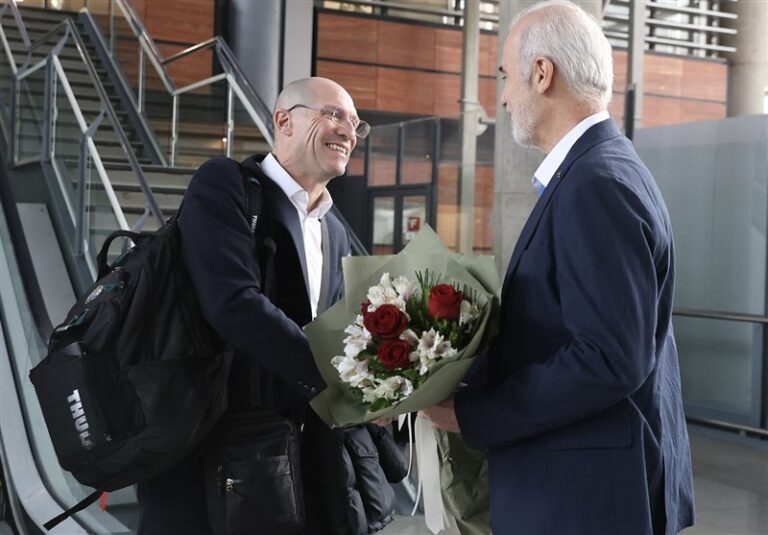Iran and Netherlands Engage in Crucial Talks on JCPOA and Regional Dynamics
In a recent update on diplomatic communications, Dutch Minister of Foreign Affairs, Caspar Cornelis Johannes Veldkamp, engaged in discussions with Iranian Foreign Minister Araghchi regarding significant developments in the Middle East. This conversation included critical topics such as Iran’s nuclear program and the potential for a new nuclear deal, reflecting ongoing international interest in regional stability.
During the exchange, Veldkamp emphasized the importance of peaceful resolutions regarding territorial disputes in the region. He specifically mentioned the islands of Abu Musa and Greater/Lesser Tunb, which have been points of contention between Iran and the United Arab Emirates (UAE). The minister reiterated the Netherlands’ commitment to supporting diplomatic efforts aimed at resolving these issues amicably.
Here are some key highlights from the conversation:
- Focus on Nuclear Program: The discussions underscored the critical nature of Iran’s nuclear ambitions and the global implications that arise from it.
- Potential for New Deal: Veldkamp noted a “window of opportunity” for negotiating a new nuclear agreement, a sentiment that resonates with many international stakeholders.
- Territorial Disputes: The dialogue included a focus on the UAE-Iran territorial disputes, highlighting the need for bilateral engagement.
- International Law: The emphasis was placed on resolving disputes based on international law, which is essential for maintaining regional stability.
Veldkamp’s remarks reflect a broader diplomatic strategy aimed at fostering dialogue and cooperation in a region often marked by tension and conflict. By prioritizing peaceful negotiations, the Netherlands seeks to play a constructive role in addressing the complex issues that characterize Middle Eastern geopolitics.
Moreover, the conversation serves as a reminder of the intricate balance of power in the region and the necessity for multilateral dialogue. The Dutch Minister’s assertions illustrate a commitment to international diplomacy, which is crucial in navigating the challenges posed by Iran’s nuclear aspirations and regional disputes.
The potential for a new nuclear deal is particularly significant, as it could reshape the geopolitical landscape. The international community is watching closely, as any agreement would have far-reaching implications for security and stability in the Middle East.
In conclusion, the discussions between Veldkamp and Araghchi highlight the ongoing complexities within Middle Eastern politics, particularly concerning nuclear negotiations and territorial disputes. As tensions persist, the focus on diplomatic engagement remains vital for achieving lasting peace and stability in the region.
As diplomatic efforts continue, it is essential for countries involved to engage in constructive dialogue and adhere to principles of international law. This approach will not only help resolve existing disputes but also pave the way for a more stable and secure future in the Middle East.
In light of these developments, the international community must remain vigilant and supportive of initiatives that promote peace and cooperation among nations. The conversations between the Netherlands and Iran reflect a critical step towards fostering understanding and collaboration in a region that has long been fraught with challenges.
Ultimately, the pathway to a peaceful resolution will require sustained commitment from all parties involved. By focusing on dialogue and mutual respect, there is potential for achieving significant progress in addressing both the nuclear issue and territorial concerns in the Middle East.
As these discussions evolve, it will be crucial to monitor the outcomes and implications for both regional and global stability. The world watches as diplomatic efforts unfold, hoping for a future marked by peace and cooperation.
